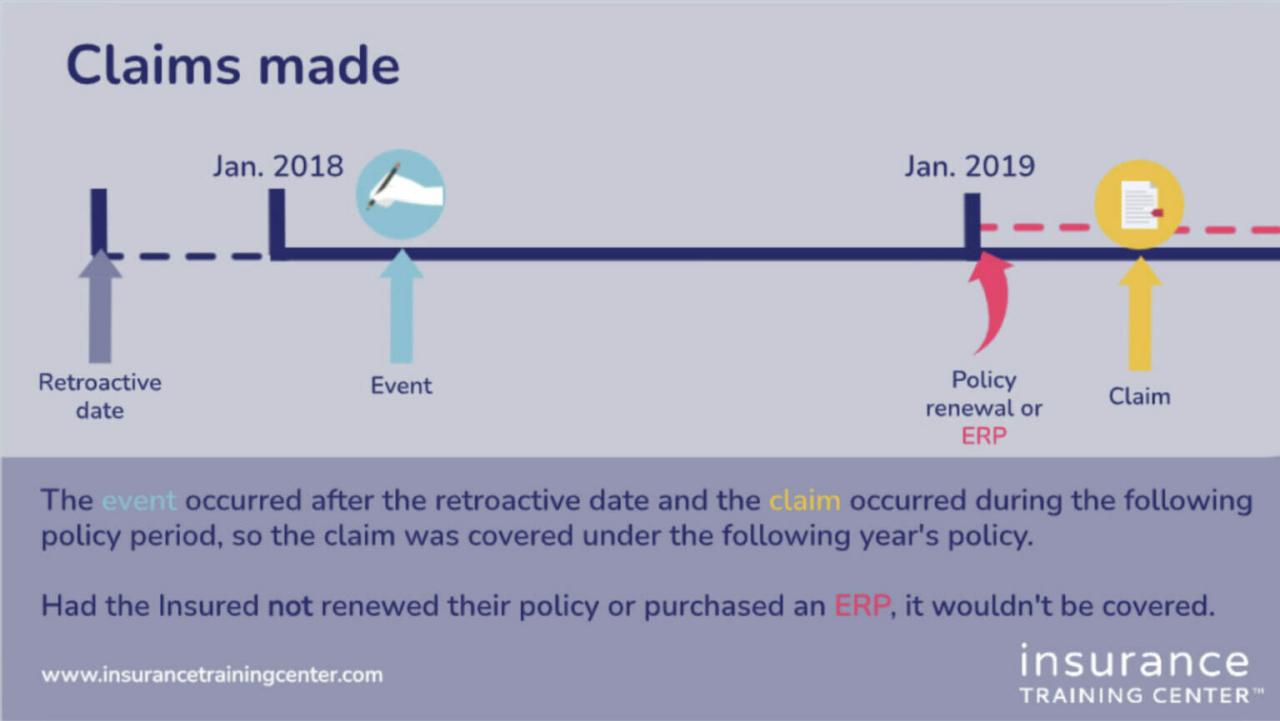Delving into the realm of incident report vs insurance claim differences, readers are invited to explore a nuanced landscape shaped by intricate details. This initial dive promises a journey filled with insights and a fresh perspective on the subject matter.
The subsequent paragraph will shed light on the specifics of the topic, providing clarity and depth.
Incident Report vs Insurance Claim Differences

An incident report is a documented record detailing an unexpected event or situation that occurred within a specific timeframe and location. It is used to report incidents such as accidents, injuries, property damage, or any other unexpected occurrences.The purpose of an incident report is to provide an accurate and detailed account of what happened, including the date, time, location, individuals involved, and a description of the incident.
This information helps organizations identify potential hazards, improve safety measures, and prevent similar incidents from happening in the future.
Purpose of an Incident Report
- An incident report is used to document unexpected events or situations.
- It provides a detailed account of the incident, including relevant information such as date, time, and location.
- Helps organizations analyze incidents to improve safety measures and prevent future occurrences.
Purpose of an Insurance Claim
- An insurance claim is a formal request made by a policyholder to an insurance company for coverage or compensation for a loss or damage.
- The purpose of an insurance claim is to seek financial reimbursement for losses covered under an insurance policy.
- Insurance claims are typically filed after an incident that results in damage to property, injuries, or other covered losses.
Key Distinctions between an Incident Report and an Insurance Claim
- Incident reports focus on documenting the details of an unexpected event, while insurance claims seek financial compensation for losses.
- Incident reports are used for internal record-keeping and analysis within organizations, while insurance claims involve interactions with insurance companies for reimbursement.
- An incident report is a proactive measure to address safety concerns and prevent future incidents, whereas an insurance claim is a reactive process to recover financial losses.
Components of an Incident Report

An incident report is a crucial document that records details of an unexpected event in a structured manner. It helps in documenting important information for future reference and analysis.
Essential Details to Include in an Incident Report
- Date, time, and location of the incident
- Description of what happened
- Names and contact information of individuals involved or witnesses
- Injuries or damages sustained
- Actions taken immediately after the incident
- Recommendations for preventing similar incidents in the future
Structuring an Incident Report Effectively
- Start with a clear and concise summary of the incident
- Provide a detailed account of the sequence of events
- Use objective language and avoid speculation
- Include relevant photographs, diagrams, or sketches if available
- Conclude with a summary of findings and any follow-up actions
Examples of Incidents that Require a Report
- Workplace accidents
- Vehicle collisions
- Property damage incidents
- Customer or employee injuries
- Near misses or close calls
Components of an Insurance Claim
When filing an insurance claim, certain key components are necessary to ensure a smooth and successful process. Understanding what information is needed, how to submit the claim, and the required documentation is crucial for a successful claim submission.
Necessary Information for Filing an Insurance Claim
- Policyholder’s details including name, contact information, and policy number.
- Date, time, and location of the incident that led to the claim.
- Description of the incident and the damages or losses incurred.
- Contact information of any other parties involved in the incident.
Process of Submitting an Insurance Claim
After gathering all the necessary information, the policyholder needs to contact their insurance provider to initiate the claim process. This can typically be done online, through a mobile app, or by calling the insurance company directly.
Documentation Required for an Insurance Claim
- Completed claim form provided by the insurance company.
- Police report (if applicable, for incidents like accidents or theft).
- Estimates for repairs or replacements from authorized vendors.
- Medical records and bills (for health insurance claims).
Legal Implications of Incident Reports and Insurance Claims
Incident reports and insurance claims play crucial roles in legal proceedings, influencing liability and settlements. Let’s delve into the legal implications of both.
Impact of Incident Reports on Liability
Incident reports can significantly impact liability by documenting the details of an event or accident. These reports serve as crucial evidence in determining fault and responsibility. If an incident report highlights negligence or misconduct, it can increase the liability of the party at fault.
Conversely, a well-documented incident report showing adherence to safety protocols can help mitigate liability.
Effect of Insurance Claims on Legal Proceedings
Insurance claims are essential in legal proceedings as they provide financial coverage and protection to parties involved in accidents or disputes. When an insurance claim is filed, it triggers an investigation by the insurance company to assess the validity of the claim and determine the extent of coverage.
The outcome of an insurance claim can impact legal proceedings by influencing settlement negotiations and compensation amounts.
Role of Incident Reports and Insurance Claims in Legal Settlements
Both incident reports and insurance claims play a significant role in legal settlements by providing critical information and evidence. Incident reports serve as a detailed account of the events leading to an incident, while insurance claims Artikel the financial implications and coverage related to the incident.
These documents are often used during settlement negotiations to determine liability, assess damages, and reach a resolution. The information presented in incident reports and insurance claims can heavily influence the outcome of legal settlements.
Conclusion

Wrapping up our discussion, this final segment encapsulates the key points and leaves readers with a thought-provoking conclusion.
Questions Often Asked
What information should be included in an incident report?
An incident report typically includes details such as the date, time, location, individuals involved, and a description of what transpired.
What distinguishes an insurance claim from an incident report?
An incident report is a record of an event, while an insurance claim is a request for compensation due to damage or loss covered by an insurance policy.
How do incident reports impact liability?
Incident reports can play a significant role in determining liability as they provide a documented account of an event, which can be used in legal proceedings.









